Information for children and young people
Meeting with an Educational Psychologist
Sometimes children and young people find things at school hard
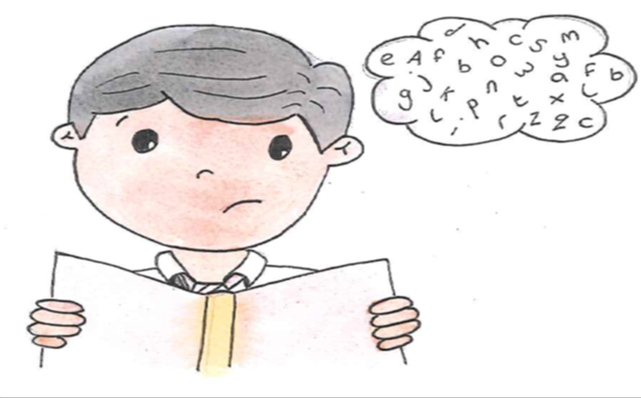
They may feel sad or cross or worried
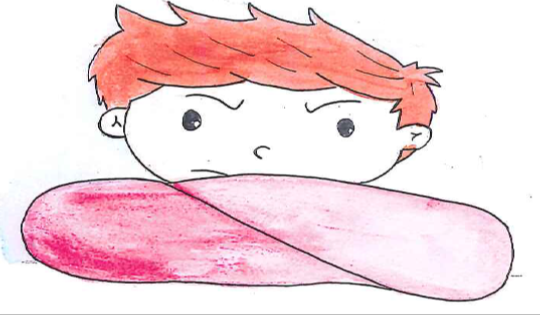
People around may try to help
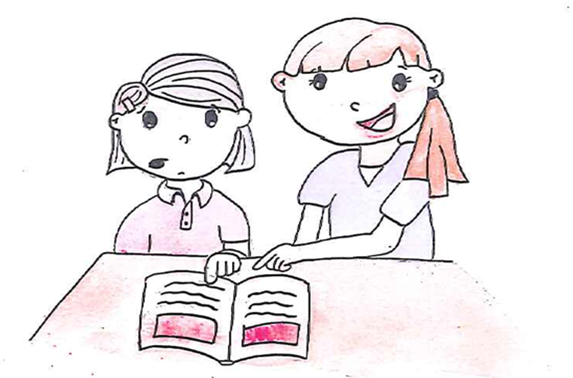
They might talk to other people to see if they have any ideas to help
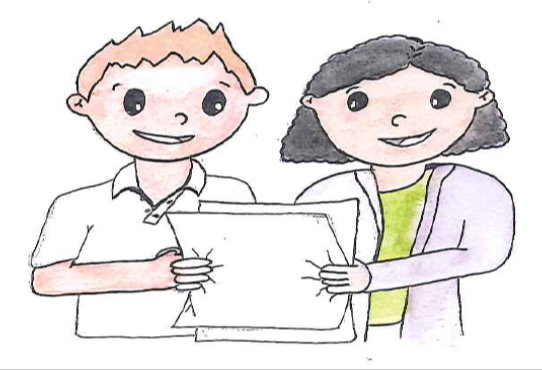
What is an Educational Psychologist (EP)?
We are psychologists and we are interested in how people think, feel, learn and get along with each other. We aim to help you and the adults who care about you to have a better understanding of your skills, your needs and how to support you so that you feel good about yourself and can be successful. There may also be ideas for you to try. We will discuss our ideas with you and the adults who want to help you. Sometimes we write these ideas in a report.
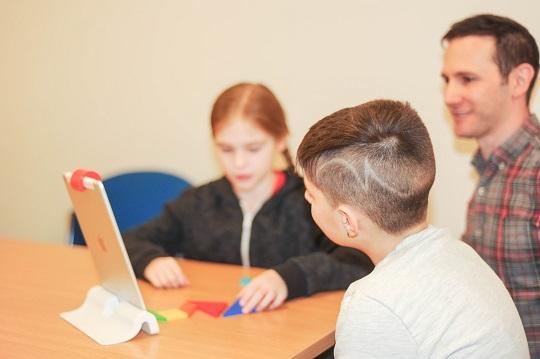
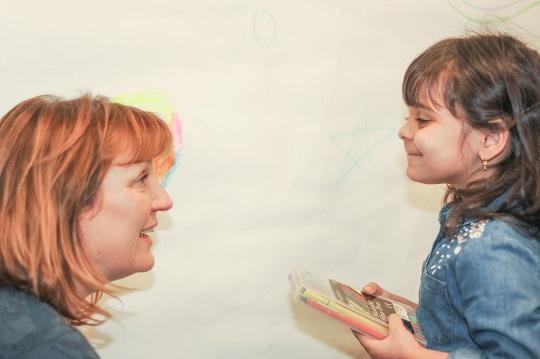
What do Educational Psychologists do?
Educational Psychologists work with children and young people from early years to college age who may need some help with:
- Learning
- Understanding feelings and emotions
- Understanding behaviour
- Making and keeping friends
- Communicating and relating to others
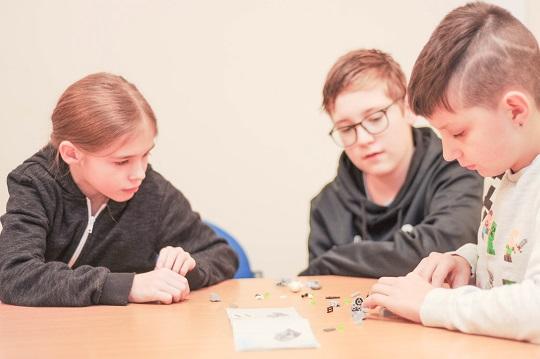
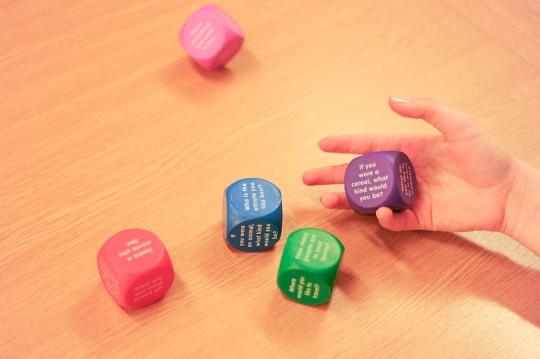
What will happen when I meet an Educational Psychologist?
Educational Pyschologists visit schools and settings and talk to children, young people and adults about how things are for you. Sometimes we do activities with you.
To gather information the Educational Pyschologist might:
- Talk to your teachers and teaching assistants
- Talk to your parent carers
- Spend some time in your lessons
- Have a conversation with you to find out more about you. This will include talking about the things you like doing, don’t like doing, what you are good at and what you have difficulty with
- Use practical activities such as drawing, sorting cards about how you feel and thinking activities using pictures, puzzles and talking
- Organise a meeting to help think about solutions to the problem
- Provide ideas and support the adults who care about you
- Sometimes meet with you again to find out how things are going
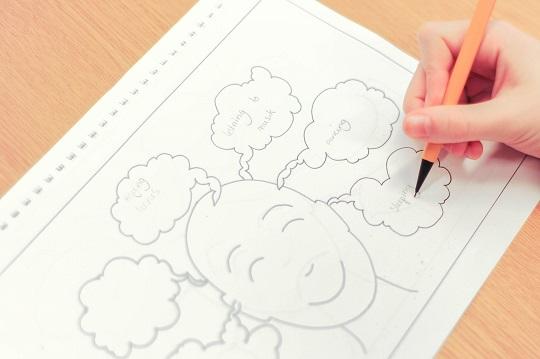
What will happen next?
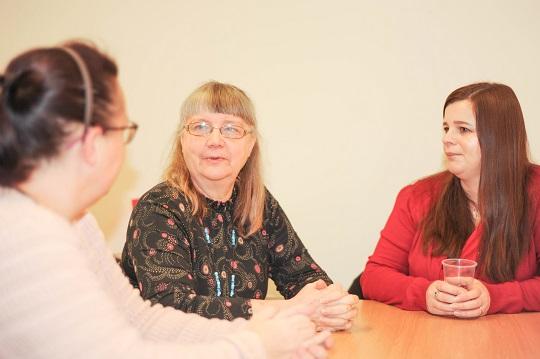
The ideas that we have discussed with you and the adults around you will be used to support you. Sometimes we see you just once, at other times we may meet with you again to see how things are going.